Overview
When it comes to quality materials, metal powders stand out for their versatility and applications in various industries. These powders, derived from metals, are used in everything from aerospace components to medical devices. But what exactly makes these materials so valuable, and how do we choose the right one for specific applications? In this comprehensive guide, we’ll explore the different types of metal powders, their composition, properties, applications, and more. We’ll also dive into the pros and cons of each, providing you with all the details needed to make informed decisions.
Composition and Properties of Quality Metal Powders
Understanding the composition and properties of metal powders is crucial for selecting the right material for your needs. Here, we break down the key elements and characteristics.
| Type of Metal Powder | Composition | Properties | Characteristics |
|---|---|---|---|
| Aluminum Powder | Al | Lightweight, High strength-to-weight ratio | Highly reflective, Oxidizes quickly |
| Copper Powder | Cu | Excellent electrical and thermal conductivity | Antimicrobial, Malleable |
| Titanium Powder | Ti | High strength, Corrosion resistant | Lightweight, Biocompatible |
| Iron Powder | Fe | Magnetic properties, High strength | Cost-effective, Easily machinable |
| Nickel Powder | Ni | Corrosion resistant, High melting point | Durable, Good mechanical properties |
| Cobalt Powder | Co | High wear resistance, Magnetic | Stable at high temperatures, Biocompatible |
| Zinc Powder | Zn | Corrosion resistant, Low melting point | Sacrificial anode in galvanizing, Ductile |
| Silver Powder | Ag | Highest electrical conductivity, Antimicrobial | Reflective, Soft |
| Gold Powder | Au | Excellent corrosion resistance, Conductive | Malleable, Non-reactive |
| Magnesium Powder | Mg | Extremely lightweight, High strength | Highly flammable, Reactive |
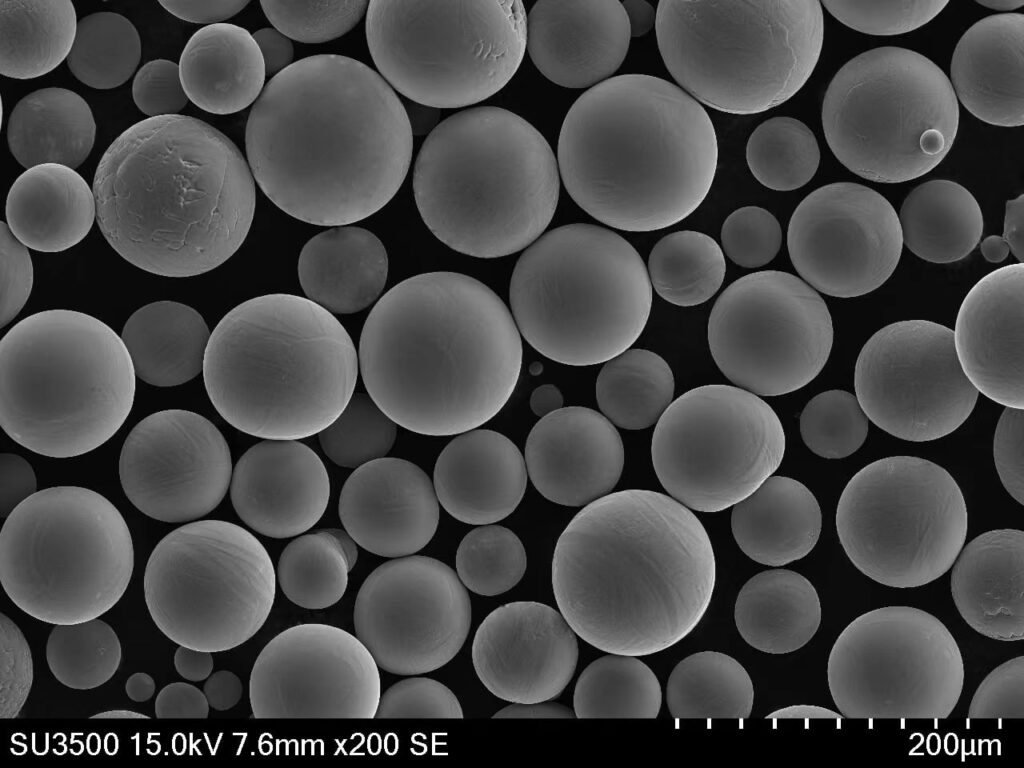
Applications of Quality Metal Powders
Metal powders find applications in numerous fields due to their unique properties. Here’s a detailed look at where and how these powders are used.
| Application | Types of Metal Powders Used | Reason for Use |
|---|---|---|
| Aerospace | Titanium, Aluminum | Lightweight, High strength, Corrosion resistance |
| Automotive | Iron, Aluminum, Magnesium | Strength, Weight reduction, Fuel efficiency |
| Medical Devices | Titanium, Cobalt, Gold | Biocompatibility, Corrosion resistance |
| Electronics | Copper, Silver, Gold | Conductivity, Reliability |
| Construction | Iron, Zinc | Strength, Corrosion protection (galvanizing) |
| Additive Manufacturing | Titanium, Aluminum, Iron | Versatility, Precision |
| Energy Storage | Nickel, Zinc | Conductivity, Durability |
| Jewelry | Gold, Silver | Aesthetic appeal, Workability |
| Paints and Coatings | Aluminum, Zinc | Reflectivity, Corrosion protection |
| Catalysts | Platinum, Nickel | Chemical reactivity, Stability |
Grades and Standards of Metal Powders
Selecting the right grade and meeting standards is essential for ensuring the quality and performance of metal powders in various applications.
| Metal Powder | Grades | Standards |
|---|---|---|
| Aluminum | 1100, 2024, 6061 | ASTM B928, ISO 6361 |
| Copper | C101, C110 | ASTM B187, EN 13601 |
| Titanium | Grade 1, Grade 5 (Ti-6Al-4V) | ASTM B348, ISO 5832-2 |
| Iron | Fe-Pure, Fe-Cu | ASTM B814, ISO 3923 |
| Nickel | Ni200, Ni201 | ASTM B160, ISO 6208 |
| Cobalt | Co-Pure, CoCrMo | ASTM F75, ISO 5832-4 |
| Zinc | Zn99.95, ZnCuTi | ASTM B6, EN 988 |
| Silver | Ag99.9, Ag99.99 | ASTM B832, ISO 9202 |
| Gold | Au99.9, Au99.99 | ASTM B562, ISO 9202 |
| Magnesium | AZ31B, AZ91D | ASTM B93, ISO 3116 |
Suppliers and Pricing of Metal Powders
To ensure you get the best quality and price for your metal powders, it’s important to know where to source them from.
| Supplier | Metal Powders Available | Pricing (per kg) |
|---|---|---|
| Höganäs AB | Iron, Copper, Nickel | $15 – $50 |
| Carpenter Technology | Titanium, Aluminum, Cobalt | $100 – $500 |
| ATI Metals | Nickel, Titanium, Iron | $80 – $450 |
| Sandvik | Stainless Steel, Titanium, Copper | $25 – $300 |
| Praxair | Aluminum, Copper, Nickel | $20 – $150 |
| GKN Powder Metallurgy | Iron, Aluminum, Magnesium | $10 – $200 |
| LPW Technology | Titanium, Aluminum, Nickel | $70 – $400 |
| Arcam AB | Titanium, Aluminum | $90 – $350 |
| ECKART | Zinc, Aluminum | $30 – $100 |
| Eramet | Nickel, Iron, Cobalt | $50 – $250 |
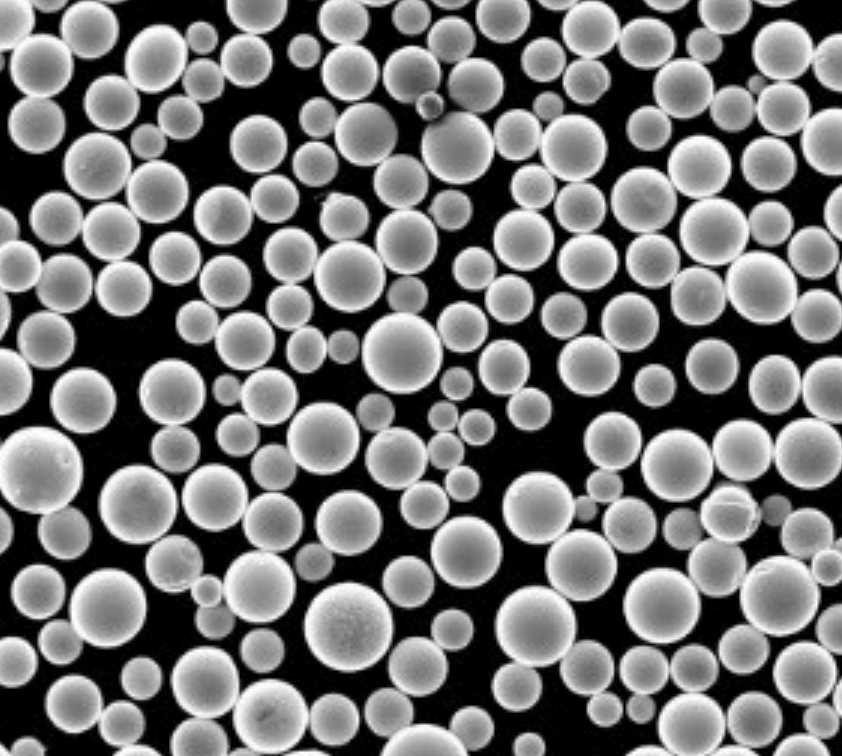
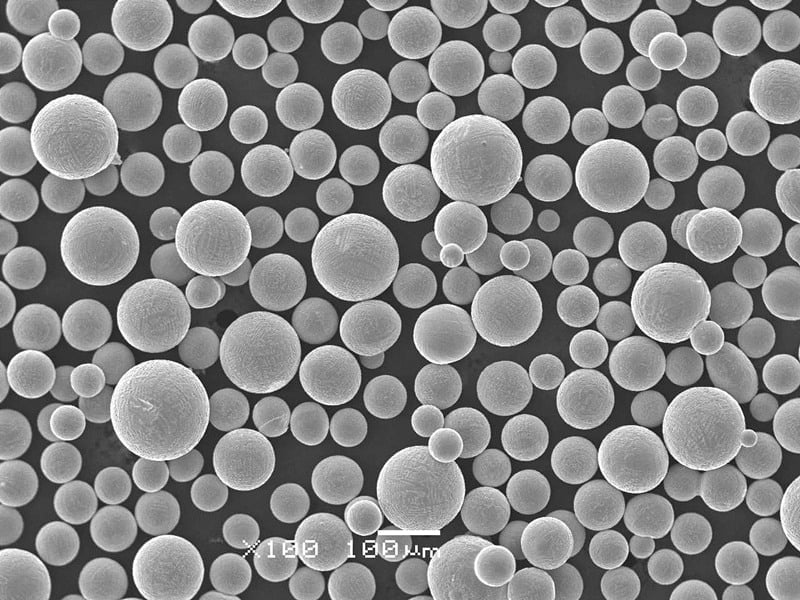
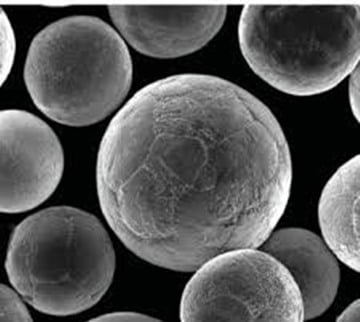
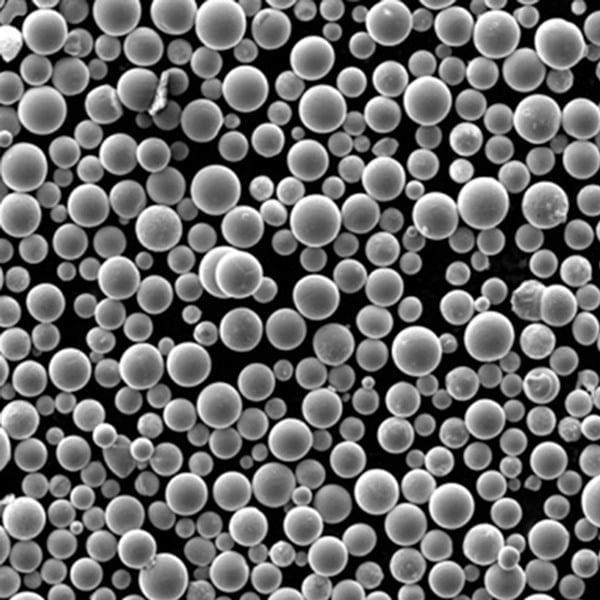
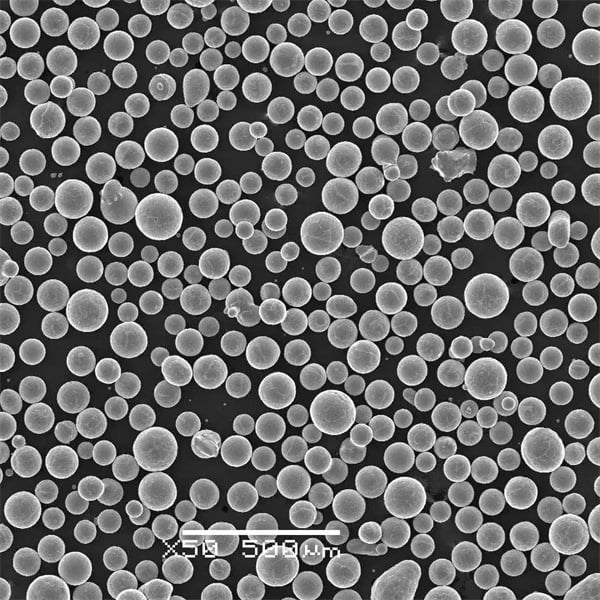
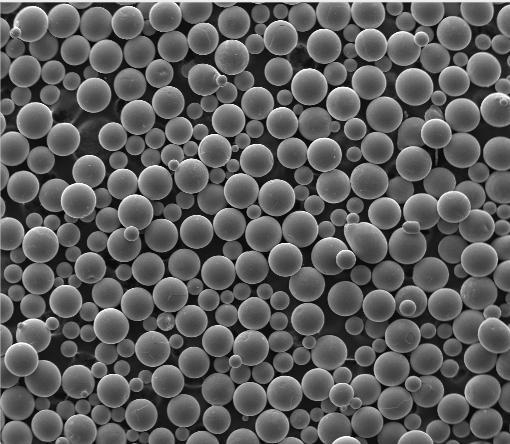
Pros and Cons of Different Metal Powders
Choosing the right metal powder involves weighing the pros and cons of each option. Here’s a comparison to help you make the best choice.
| Metal Powder | Advantages | Disadvantages |
|---|---|---|
| Aluminum | Lightweight, High strength-to-weight ratio | Oxidizes quickly, Flammable |
| Copper | Excellent conductivity, Antimicrobial | Expensive, Can tarnish |
| Titanium | Corrosion resistant, Biocompatible | Costly, Difficult to machine |
| Iron | Strong, Magnetic | Prone to rust, Heavy |
| Nickel | Durable, Corrosion resistant | Expensive, Can cause allergic reactions |
| Cobalt | High wear resistance, Stable at high temps | Toxic in large amounts, Costly |
| Zinc | Corrosion resistant, Ductile | Low strength, Reacts with acids |
| Silver | Best conductivity, Antimicrobial | Very expensive, Soft |
| Gold | Non-reactive, Excellent corrosion resistance | Extremely expensive, Soft |
| Magnesium | Extremely lightweight, Strong | Highly flammable, Reactive |
Comparison of Metal Powders
Comparing different metal powders can provide clearer insights into their suitability for various applications.
| Parameter | Aluminum | Copper | Titanium | Iron |
|---|---|---|---|---|
| Density (g/cm³) | 2.7 | 8.96 | 4.51 | 7.87 |
| Melting Point (°C) | 660 | 1085 | 1668 | 1538 |
| Electrical Conductivity (S/m) | 3.77 x 10⁷ | 5.96 x 10⁷ | 2.38 x 10⁶ | 1.00 x 10⁷ |
| Corrosion Resistance | Medium | High | Very High | Low |
| Cost ($/kg) | 15 – 50 | 80 – 150 | 100 – 500 | 10 – 50 |
Key Considerations in Selecting Metal Powders
When choosing metal powders, several factors need to be taken into account:
- Application Requirements: Different applications have unique requirements. For instance, aerospace demands lightweight and strong materials like titanium, whereas electronics require highly conductive materials like copper and silver.
- Cost Constraints: Budget is always a concern. While materials like gold and silver offer excellent properties, their cost can be prohibitive for large-scale use.
- Environmental Factors: Some materials perform better in certain environments. For instance, titanium and cobalt are excellent in corrosive environments.
- Machinability: The ease with which a material can be machined or processed is also a critical factor. Materials like iron are easier to work with compared to titanium.
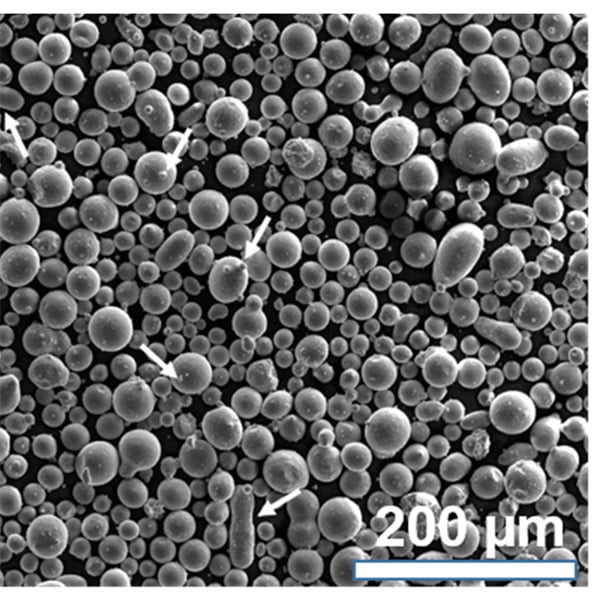
FAQs
| Question | Answer |
|---|---|
| What are metal powders used for? | They are used in aerospace, automotive, medical devices, electronics, and more. |
| Why is titanium powder expensive? | Due to its complex extraction process and superior properties like corrosion resistance. |
| Can aluminum powder be used in additive manufacturing? | Yes, it’s widely used due to its lightweight and strength. |
| How does copper powder improve conductivity? | Copper has excellent electrical and thermal conductivity, making it ideal for electronics. |
| Are metal powders safe to handle? | Generally, yes, but some powders like magnesium can be highly flammable and require careful handling. |
| What is the difference between pure and alloy powders? | Pure powders contain one metal, while alloy powders contain a mixture of metals. |
| Can metal powders be recycled? | Yes, many metal powders can be recycled, which makes them more sustainable. |
| What is the role of metal powders in 3D printing? | They are used to create precise and complex parts layer by layer in additive manufacturing. |
| Why is cobalt powder used in medical implants? | Due to its biocompatibility and high wear resistance. |
| Which metal powder is best for high-temperature applications? | Nickel and cobalt powders are excellent for high-temperature environments. |
Conclusion
Quality materials,particularly metal powders, play a pivotal role in advancing technology across various industries. Understanding their composition, properties, applications, and limitations is key to making informed decisions. By carefully evaluating factors like cost, application requirements, and environmental conditions, one can select the most suitable metal powder for their specific needs.
About 3DP mETAL
Product Category
CONTACT US
Any questions? Send us a message now! After receiving your message, we will process your request with a whole team.
